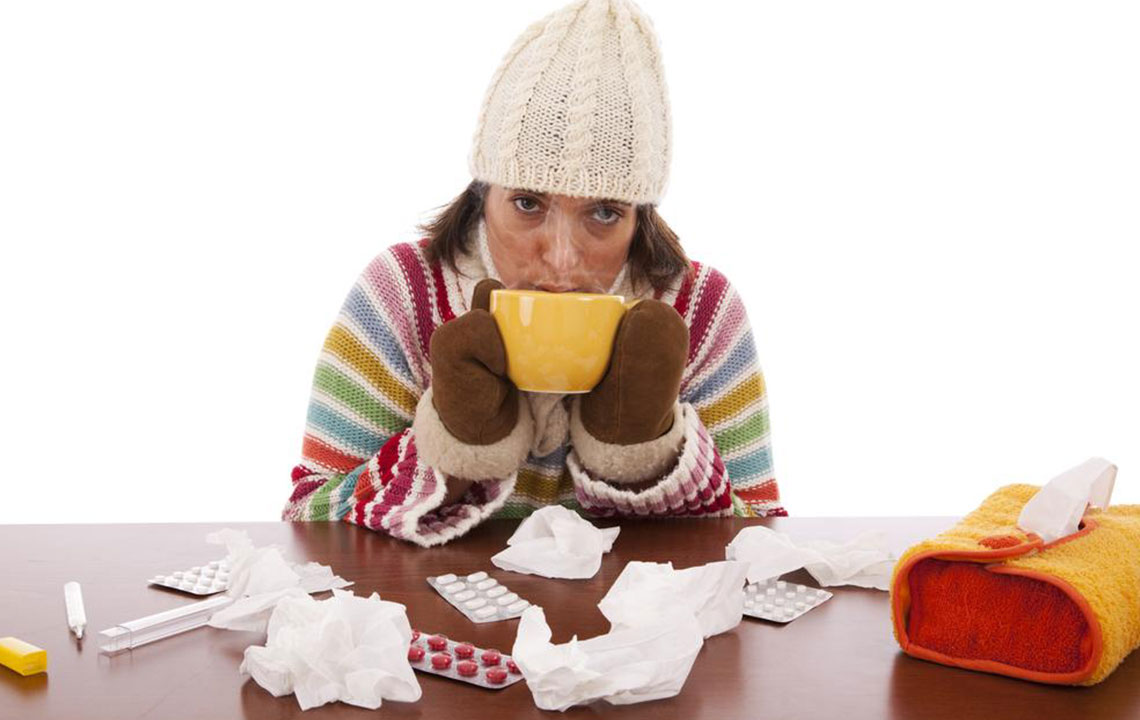Essential Facts About Pneumococcal Lung Infection
Learn vital information about pneumococcal pneumonia, including its causes, symptoms, diagnosis, treatment, prevention, and potential complications. Recognize high-risk groups and understand the importance of vaccination and timely medical care to effectively manage this infection and avoid serious health issues.

Essential Facts About Pneumococcal Lung Infection
Pneumococcal pneumonia is an infection that begins in the upper respiratory system and can extend to the lungs, middle ear, and nervous system if not treated promptly.
This condition primarily affects children under five and adults over 65, with older adults facing higher risks. Those with health issues like heart, liver diseases, or sickle cell anemia are also more vulnerable.
Causes include various bacteria, viruses, and fungi, notably Streptococcus pneumoniae.
Transmission occurs through contact with infected individuals or respiratory droplets, as the bacteria often reside in the throat. Children may carry the bacteria without showing symptoms.
Symptoms include sudden onset with chills, high fever, cough, chest pain, shortness of breath, and rapid breathing. Nausea, headache, and vomiting may also occur.
Diagnosis involves symptom assessment, physical exams, and laboratory tests like chest X-rays, blood tests, or lung fluid analysis. Immediate medical attention is recommended if symptoms are present.
Treatment typically involves antibiotics, which usually alleviate symptoms within 12 to 36 hours. However, resistant bacteria call for cautious use of antibiotics.
Home remedies, such as turmeric and basil, can support recovery by strengthening immunity. Adjusting diet to include more vegetables and reducing animal protein can help prevent and manage the infection.
Prevention involves vaccination, especially for at-risk groups such as the elderly and those with chronic illnesses. Vaccines significantly reduce infection chances.
Complications may include bacteria entering the bloodstream, leading to bacteremia, and potential lung or heart issues if untreated. Timely treatment and a healthy lifestyle are crucial for recovery.










